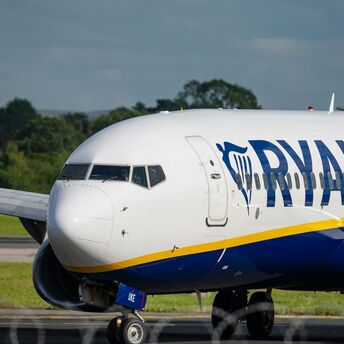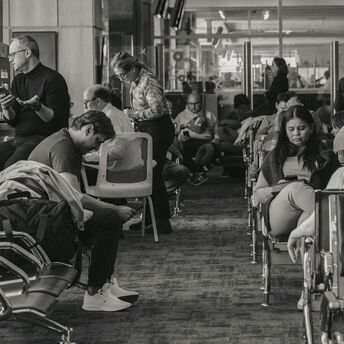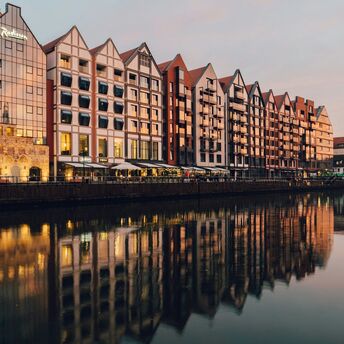British authorities reminded of poor funding for active travel in England

The Institute for Public Policy Research (IPPR) has published a report explaining why the British don't want to walk or cycle much. Just 75 years ago, there was a boom in cycling across England, but now people prefer to drive.
According to the report, this has led to increased traffic congestion and continued air pollution. Yahoo writes about the reasons for the abandonment of this type of transportation.
According to the study, fewer than one in five people in England participate in active forms of transportation, such as walking, cycling (including wheelchairs), or riding a bicycle, making trips on average once a day, compared to more than a quarter in Europe.
In addition, an average of £148 per person per year was spent on road infrastructure between 2016 and 2021. These figures are 10 times higher than the amount spent on the development of active transportation, analysts say.
Moreover, only 2% of the state transport budget in England is directed to the development of active tourism infrastructure.
In addition to low funding and insufficient infrastructure development, pedestrians are often at risk on British roads. "A sense of insecurity is a key barrier to people cycling," the report emphasizes.
According to the Department for Transport (DfT), 6,435 children were involved in collisions on UK roads in 2022 while walking, cycling or riding a bike. Of these, 1748 were killed or seriously injured.
How to improve active travel in the UK
According to experts, the situation will be saved by investing in tourism infrastructure. Thus, it is worth allocating 35 pounds per year per person for ten years, including the installation of at least 25,000 miles of protected bike paths.
At the same time, we should not forget about driving training and the development of personal electric vehicles. By allocating £15 per person per year, it will be possible to allocate it to cyclist training and loans for electric bicycles.
According to IPPR Senior Research Fellow Maya Singer Hobbs, "Cycling in the UK reached its peak 75 years ago, but UK government policies have perpetuated a reliance on cars, making people afraid to walk and cycle to the detriment of our health, our environment, and our economy."
Investing in this infrastructure, the expert believes, will allow more people to walk and cycle, which will have a positive impact on air emissions and economic growth in general.



















